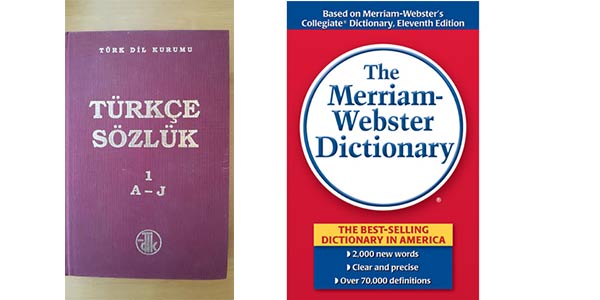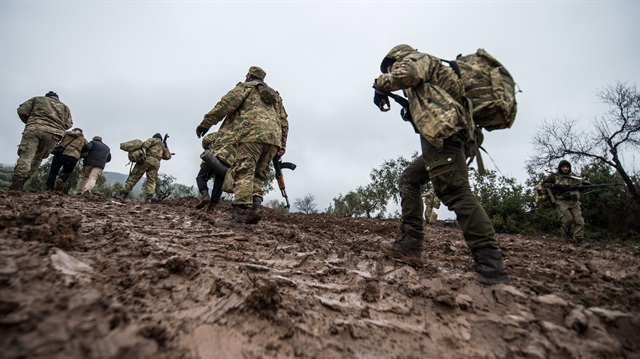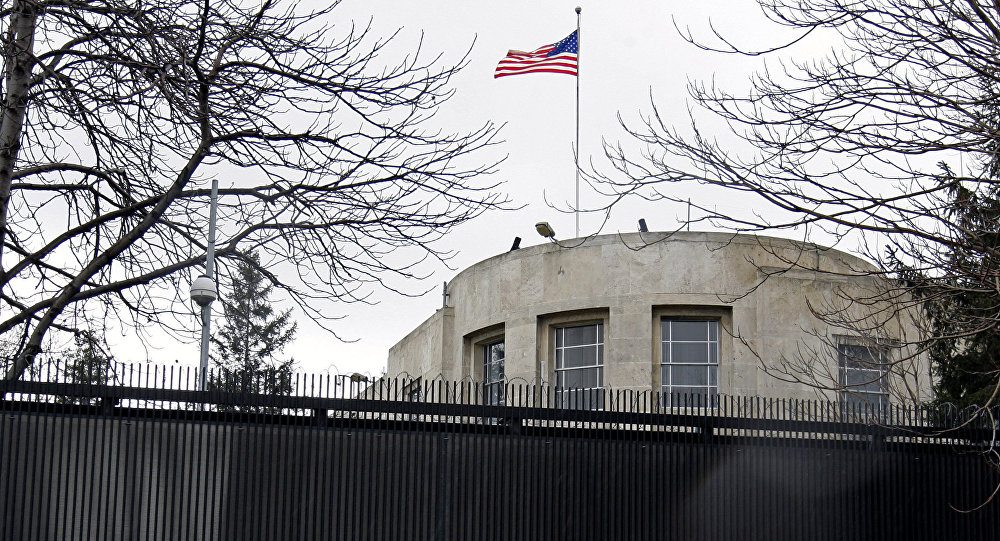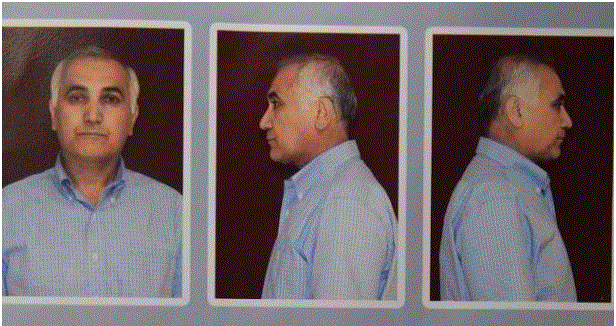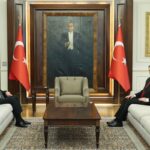Over the past year, as backlash against the international press’s coverage of Turkey has mounted, the “paper of record” has been forced to re-evaluate its fact-checking and approach. That, at the very least, has become evident in the months since the November 2015 Turkish elections.
Most of that criticism has focused on the basic information and interpretations provided in the NYT’s articles on Turkey. So now I want to dwell on another aspect of that coverage, equally problematic, but which has received much less attention.
Ceylan Yeğinsu’s Turkish features have provided voluminous material to criticize. One of her most recent articles, “As Syria Devolves Further, Allies Criticize American Policy” (10 February 2016), reminded me of some details that have always been present in her writing, but which I rarely referred to because there were more vital aspects to deconstruct. (1) I can place these items under four categories, two of which I’ll discuss in the present article.
Choice of vocabulary
In the fourth paragraph of Yeğinsu’s article, a type of sloppy wording appears the precise nature of which has been heavily criticized recently, and which is easily capable of misleading the reader. The sentence reads: “Tensions between Turkey and the United States, NATO allies, have been escalating over their differing positions on the Kurds.” The casual reader will probably not notice anything unusual in that sentence until it is noted that the issue is not “the Kurds.” The issue is all the various militant and violent groups that are directly, organically connected to the PKK under the KCK umbrella.
The Obama Administration has insisted on insulting Turkish citizens en masse by refusing to admit that the PYD, also one of those violent militant groups, is part and parcel of the PKK. By using the term “the Kurds,” Yeğinsu purposefully conflates an ethnic group with a militant organization. The wording in the NYT article parallels the wording that spokespersons for the U.S. administration resort to. In her article, Yeğinsu even provides us with an excellent illustration of how the two can be conflated by composing a paragraph in which both she and the spokesperson she is quoting commit the same error:
The harsh words came a day after the State Department spokesman, John Kirby, reiterated American support for Kurdish fighters battling the Islamic State, also known as ISIS, ISIL, or Daesh. “Even the best of friends aren’t going to agree on everything,” Mr. Kirby said. “Kurdish fighters have been some of the most successful in going after Daesh inside Syria.”
By preferring the term “Kurdish fighters” instead of the name of their militant organization, both Yeğinsu and the State Department spokesperson are doggedly trying to skirt the fact that these guerillas should not be identified by their ethnicity. Instead, they should be identified by their ideology, which is a toxic concoction of Leninist, Stalinist, and Maoist ideas glorifying an armed struggle against both “imperialists” and for establishing their own nationalist utopia.
Word choice in translated statements
Yeğinsu’s article features three examples of Turkish words or terms that, when translated directly into English, cause a misapprehension. The initial two occur in the author’s description of Turkish President Erdoğan’s 10 February speech in which he criticized the U.S. for hypocrisy on the PYD issue.
The first is the translation of “Ey Amerika!” as “Hey, America!” “Ey” is an emphatic exclamation used to preface strong, direct statements in Turkish political speeches. It is not rude, but rather intended to provide a challenge. For that reason, translating “ey” it as “hey” gives the wrong impression. “Ey” can be used in formal speech in Turkish; “hey” cannot be used in formal speech in English. A better translation might be “Attention, American officials!” or “American partners!”
In the same paragraph, Yeğinsu translates the Turkish “kan revan içinde” as “sea of blood.” This is an example of something I’ve always wondered about in reference to idioms from foreign languages being translated into English. First, a “sea of blood” is not an idiom in English and, as a result, not only sounds strange but makes the original speaker sound provocative or extreme. Second, the chosen translation is not even literally accurate. The right translation would be “bloody” or “spattered with blood.”
Later on in the article, the author translates the Turkish “iki yüzlü” as “two-faced.” Literally that’s correct, but in English, as in Turkish, the meaning is actually “hypocritical.”
“Hyprocritical” is also a better choice because the translated speech belongs to the Turkish PM, so it is being used in a formal, political speech. In the same situation it’s extremely unlikely that an English-speaker would use “two-faced.”
These examples of strange translations cause me to question what the NYT editors’ policy is on this particular issue. Do they mandate direct translation of foreign language idioms to English from other languages? Or is it the case that only some foreign leaders have their statements manipulated in this manner? Word choice is extremely important because subtle differences in meaning can deliver widely varying ideas to the reader. Are the examples that I’ve listed above the result of carelessness, or words purposefully chosen to convey negative impressions?
NOTES
(1) http://www.nytimes.com/2016/02/11/world/europe/recep-tayyip-erdogan-syria-kurds.html?_r=0
Yazıyı beğendiysen, patronumuz olur musun?
Evet, çok ciddi bir teklif bu. Patronumuz yok. Sahibimiz kar amacı gütmeyen bir dernek. Bizi okuyorsan, memnunsan ve devam etmesini istiyorsan, artık boş olan patron koltuğuna geçmen lazım.
Serbestiyet; Türkiye'nin gri alanı. Siyah ve beyazlar içinde bu gri alanı korumalıyız. Herkese bir gün gri alanlar lazım olur.




